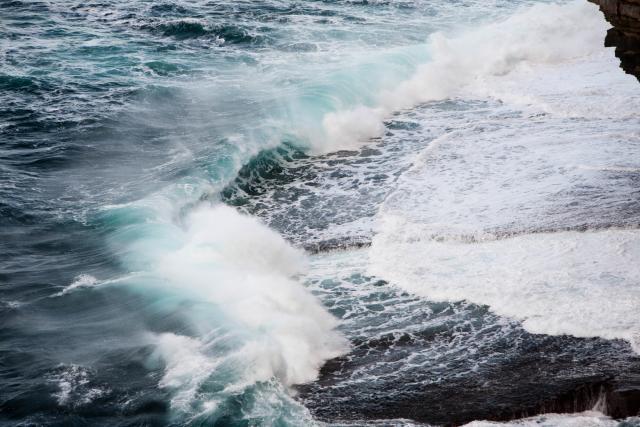
Did you know?
There are around 177,000 harbour porpoises in UK seas, but many of us aren’t familiar with them, as they are shy and elusive, unlike other cetaceans such as dolphins. Porpoises share their habitat, which is vital for feeding and breeding, with the fishing industry, who are also drawn to areas with rich marine life.
But fishing is proving deadly for harbour porpoises. When trapped in gillnets – a type of net that catches fish by trapping them through their gills – the porpoises suffocate and die. Bycatch (wildlife that is accidentally captured in nets) is the number one threat to harbour porpoises, leading to an average of three being killed each day in the UK. Nearly 20 per cent of those found washed up on beaches have been killed as a result of accidental capture in fishing gear.
About the study
The research into harbour porpoise deaths was carried out by WWF and our partner Sky Ocean Rescue. We’re working together to improve the health of the seas and allow marine environments to recover from damage and thrive again, including putting in place stronger protection for over 400,000 km² of oceans.
Our new report throws a spotlight on the true extent of the problem of porpoise bycatch, revealing that over 1000 individuals are estimated to be killed each year.
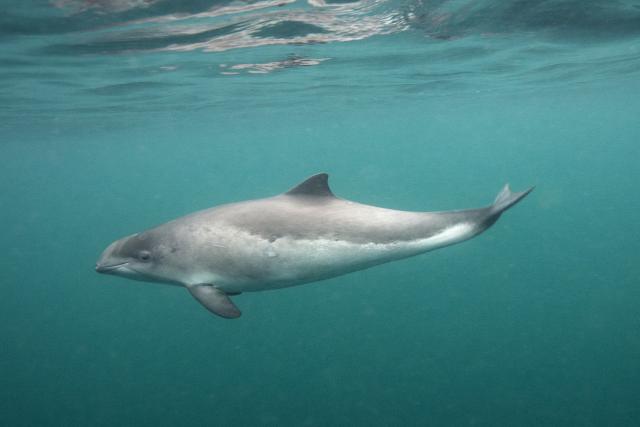
A shocking result
This research focused on large fishing vessels, but there was no data available for smaller boats, which make up a large proportion of gillnet fisheries, meaning that the number of harbour porpoises dying is likely to be greater than estimated.
As well as this, porpoises that died in gillnets but fell out of the net as it is hauled in aren’t able to be counted, again meaning that the true number could be higher.
Southern hotspots
In 2017 six Special Areas of Conservation (SACs) were identified in the UK to protect marine animals. However, there are no fishing restrictions in these areas, meaning that the mammals have no safe haven in UK waters.
The study pinpoints hotspots where the numbers of porpoise deaths are highest: Southeast and southwest England, which includes Cornwall, Kent and the Sussex coast, as well as the seas west of the Shetland Islands. These areas contain some of our most precious coastline and are home to rich marine ecosystems.
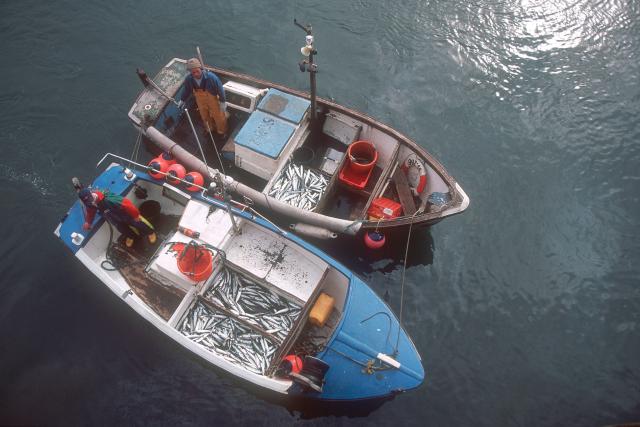
Saving our seas
As the UK Government prepares to consult on a fresh UK Marine Strategy for restoring our seas that will include targets for reducing bycatch, this report shows the urgent need for alternatives to gillnet fisheries. We don’t just want to limit the damage of gillnets, we want a method that doesn’t kill or harm porpoises or other marine life.
This report also makes it clear that effective monitoring of fisheries needs to be introduced, so we can understand the true extent of bycatch and use that knowledge to assist with the enforcement of bycatch regulations.
“What’s happening in UK seas echoes what’s happening on land: the governments are simply not doing enough to protect wildlife. We desperately need to take action now to protect and restore nature."
Helen McLachlan, WWF Fisheries Programme Manager
 How we can fight climate change
How we can fight climate change
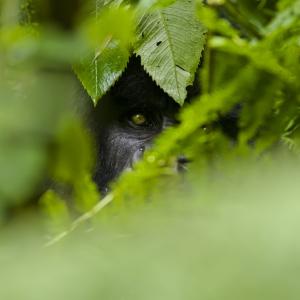 10 of the world's most endangered animals
10 of the world's most endangered animals
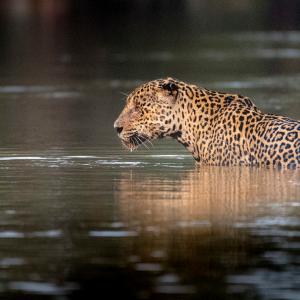 Fascinating facts about animals
Fascinating facts about animals
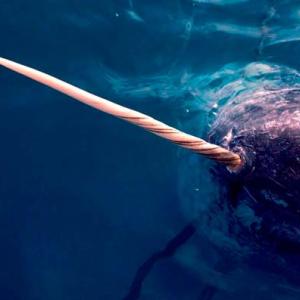 11 Arctic species affected by climate change
11 Arctic species affected by climate change